I first realised something was wrong with my mind when travelling to work became exhausting. I was 23, the weekend editor at Mamamia at the time, and my trip into the office was a straightforward one.
And yet, as if overnight, I found I couldn’t walk down my own street without checking over my shoulder every few steps, convinced that a mysterious man would be lingering nearby. I crossed the road cautiously, concerned that a speeding car might wipe me out if I wasn’t careful. If someone with a backpack walked onto the tram, my stomach turned into a blender. They’re a terrorist, my mind decided. That man is a terrorist and he has a bomb in that backpack.
Every day for six weeks, I felt like I was under siege. It was 2017 and the world seemed cold in the shadow of the May bombings at Ariana Grande’s Manchester concert. In the preceding weeks I had covered the story at length.
If I wasn’t commissioning articles about what happened to those young people – most of them girls – I was collating lists of the victims, trying to squeeze their stories into sentences, cropping their smiley Instagram selfies to fit the website’s desired dimensions.
I felt like I was under siege
Then, in June, the London Bridge attack seized the news cycle. I was again tasked with editorial coverage; it was my job to know the blow-by-blow account of what those three men did with that van and their knives.
The more terror became entwined with my work, the more I gravitated towards true crime content in my downtime. I wanted to know how serial killers set about raping and murdering women. I wanted to familiarise myself with the behavioural patterns, the rationales, the mental processes of wanting to kill someone. The more I knew about what happened to victims, I figured, the more I could protect myself and the people I love. It was the last thing my anxiety-addled mind needed, but it also felt like self-preservation.
Most days, upon arriving at the office I would crumple into a soggy mess of sweat, snot and tears. After one particularly unsettling tram ride, the anxiety was so ferocious I couldn’t even look at my laptop screen. I was so positively filled with fear that I could not stop crying.
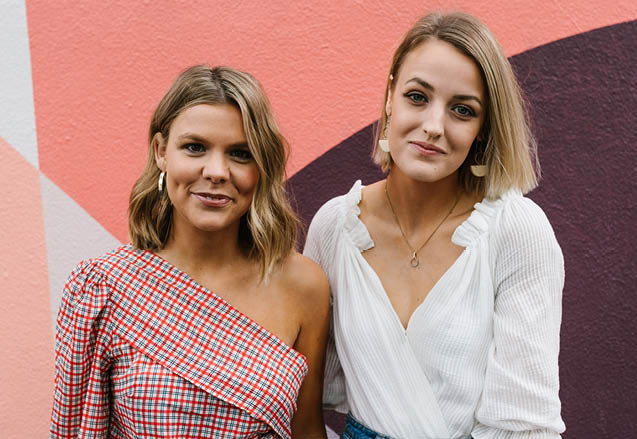

The way I described my panic attacks to Zara that day – and the way I’ve found most helpful ever since – is that they’re like a gushing tap. It takes a daily conscious effort to tighten the valves of an anxious and unreasonable mind. You’ve let drips out here and there, but suddenly the pressure has risen so much it feels like a tsunami is brewing.
The negative self-talk is cascading. That logical part of you is still there, somewhere, but the force of the water is too great for you to find her. She’s drowned out by the screams of your odious fears. You’re annoying, nobody likes you, you can’t breathe, you’re ugly, you’re stupid, you’re going to die.
You know that there’s nothing you can do, and so you acquiesce. You let the self-hatred wash over you, wet your hair, drip from your eyelashes, pool in your
bellybutton. You are at your lowest ebb. You have unlocked your most broken self, but you are still alive. Your chest is still billowing with new oxygen, new life, new moments, new thoughts.
You let the self-hatred wash over you. You are at your lowest ebb
It might take 30 minutes, it might take a full day, but eventually you realise that your inner self is a stronger swimmer than you gave her credit for, because she’s managed to wrangle the tap and force those valves shut again.
The sun comes out. You’re in the clear again.
What surprised me most in the early days of my anxiety disorder is that my panic attacks were characterised by feelings of self-hatred, not nervousness. Mid panic attack, I hated myself so viscerally that telling you about it now makes me wince in pain. In my worst moments, I said things to myself that I never want to repeat. The hatred became so intense that it made me want to flee my own body. I wanted to escape, although to where I was never quite sure.
I wish my skin was a little thicker. I wish I could wish the anxiety away.
But as much as [my anxiety] torments my mind now and then, it also makes me who I am. It makes me decent at my job because I care deeply about the work I produce. It makes me passionate about the world I live in. It makes me a good girlfriend, sister, daughter and friend because I am attentive to how my loved ones are doing. I love a lot and I love deeply.
************************
The beauty of my job is that Zara and I get to meet so many incredible women for our ‘In Conversation’ episodes and call it Thursday. The businesswomen, authors and media personalities we sit down with are leaders and game changers. While their walks of life can be worlds apart, each possesses unwavering drive: a trait that threads their stories together in a tapestry of female kickarsery.
Ironically, many are bound together by another thread, too: anxiety. It turns out that when you spend an hour with some of Australia’s most influential women, you learn many of them are trying to tranquilise a monster that’s squatting in the kinetic contours of their brains.
For author and former lawyer Georgie Dent, who wrote her book Breaking Badly about having a breakdown in her 20s, there is no clear distinction between her personality and her mental illness: both things bleed into each other.
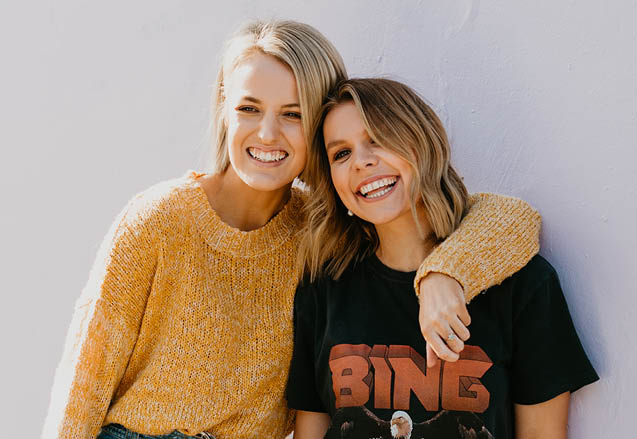

‘One psychologist once said to me, “You’ve got to think about all of the parts of your personality that make you you.” It’s recognising what the toxic components of my anxiety are, putting those things in check and saying, “I am an anxious person. I’ll always be an anxious person. And I’m okay with accepting those parts of my personality.”’
Therein lies the conundrum: if I’ve always been an anxious person, how can I know where the illness ends and my personality begins? To eliminate the anxious parts of myself would be to change the make-up of who I am.
This doesn’t mean I’ll tell my psychologist her work is done and stop going to therapy. To stop attending my sessions would be akin to binning my asthma inhalers, or refusing to take antibiotics for an infection.
I see my psychologist every six weeks, and the routine we have set together seems to be working. Anxiety does pop up in some form every week, if not every day, but it’s not the kind that makes me feel like I’m drowning. It’s a trickle of water, one that reminds me that this is just how I am. I am sensitive. I am prone to feelings of apprehension and stress. I am malleable and fallible.
If I’ve always been an anxious person, how can I know where the illness ends and my personality begins?
But there is strength in admitting that you’re not okay and seeking help to get better. There is strength in observing the world around you. There is strength in feeling things and feeling them fully. There is strength in being diligent, thoughtful, passionate, emotional. There is strength in anxiety, because it shows just how much you care.
Society loves trying to define the boundaries of what is and isn’t mental illness. We invent diagnostic tools, we pore over medical manuals with a fine-toothed comb, we tweak labels and words and phrases so that the boundaries of what constitutes a personality trait and what constitutes sickness are kept as clearly defined as possible. But, sometimes, trying to cage mental illness is like trying to cage smoke.
Is my anxiety an illness? Yes. But in some ways, it is also my unique superpower, one that allows me to pour love into the humans and things around me. Sometimes it’s a superpower that hurts me. It’s one that has inflicted pain and torment. But it’s also one that makes me, well, me.
The Space Between, by Michelle Andrews and Zara McDonald, is out now
Do you or someone you know struggle with anxiety? Help is available at Beyond Blue.
Want more stories like this? Sign up to PRIMER’s weekly newsletter here!




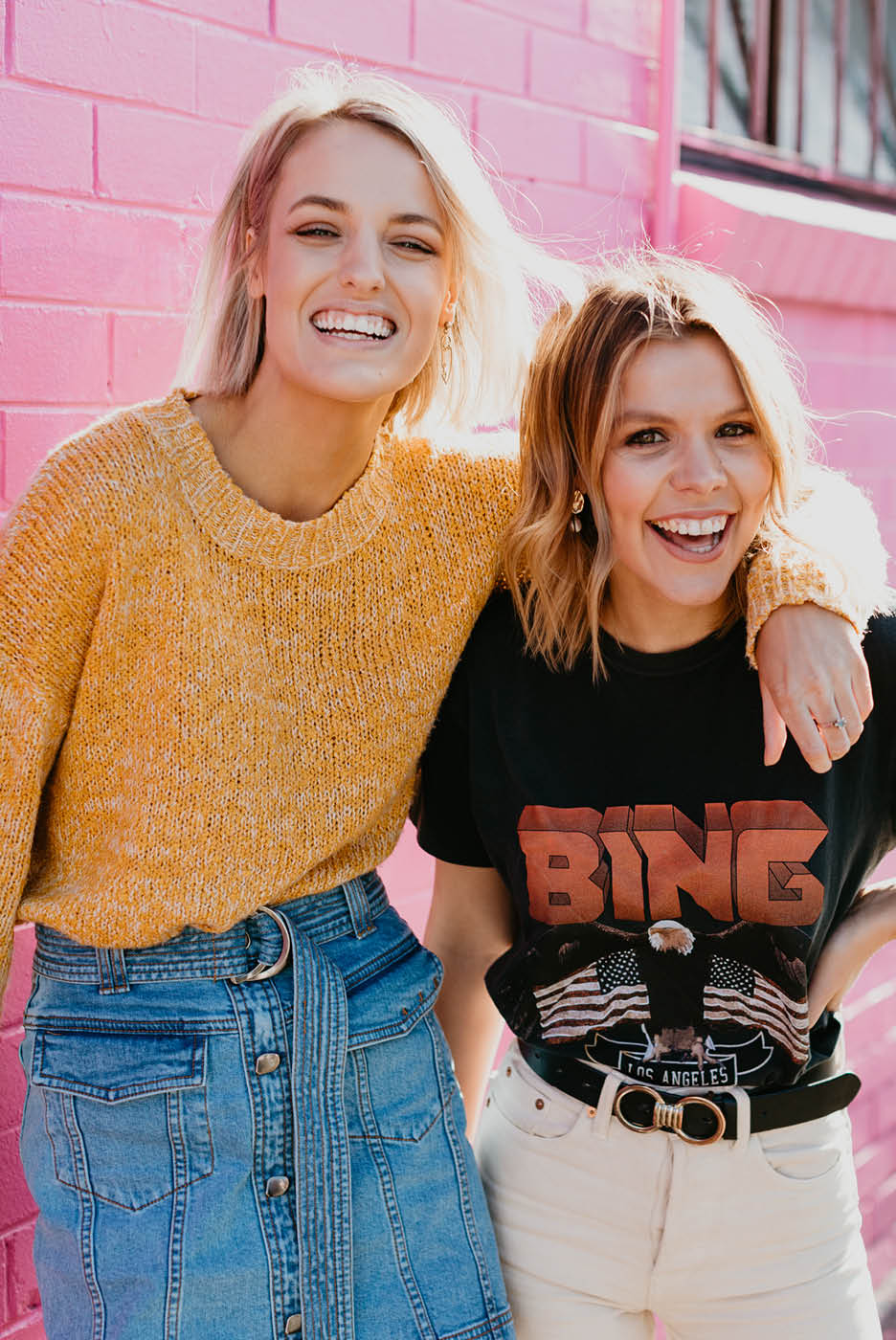
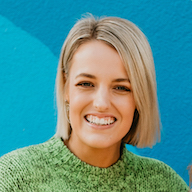


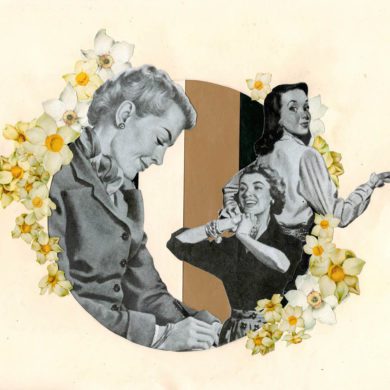
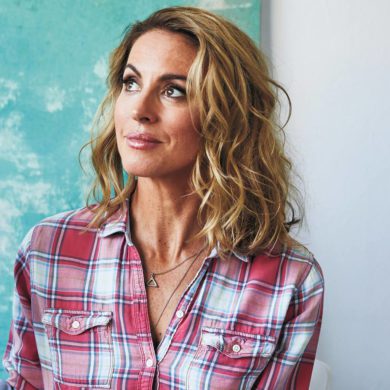
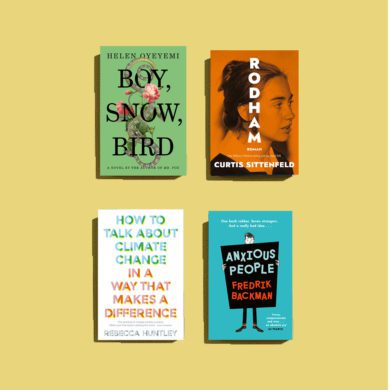
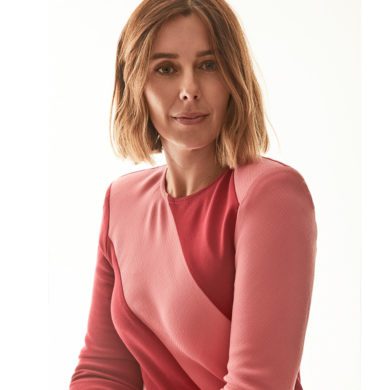

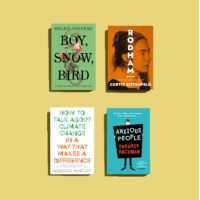
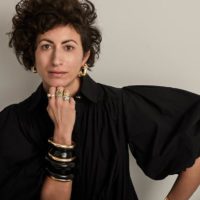
No Comments